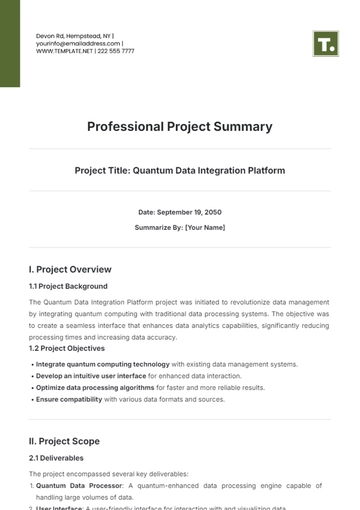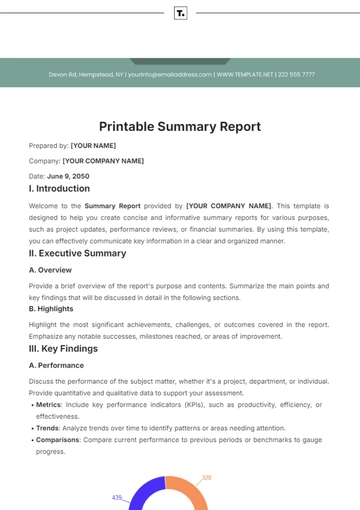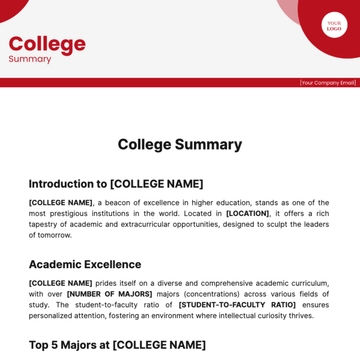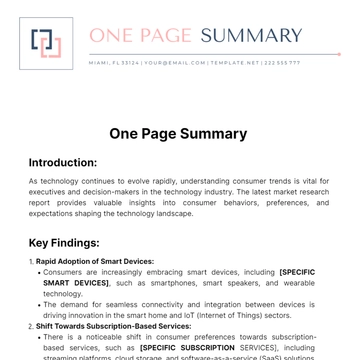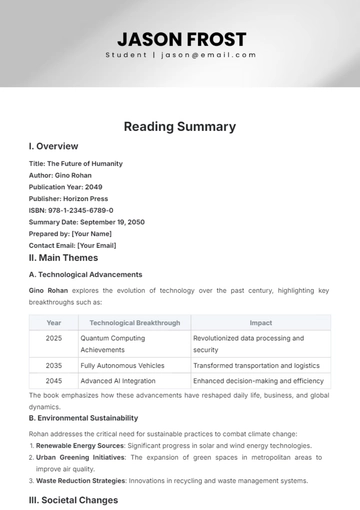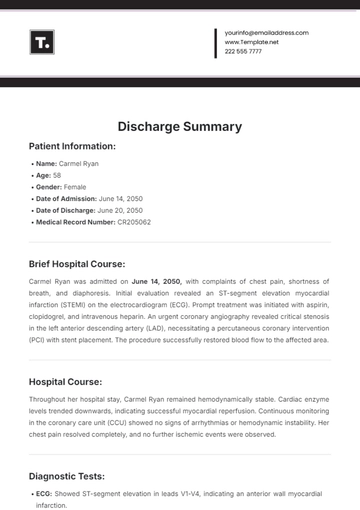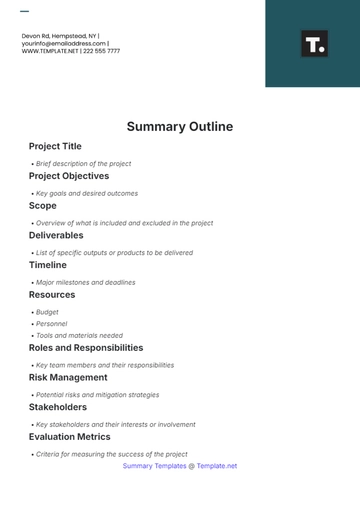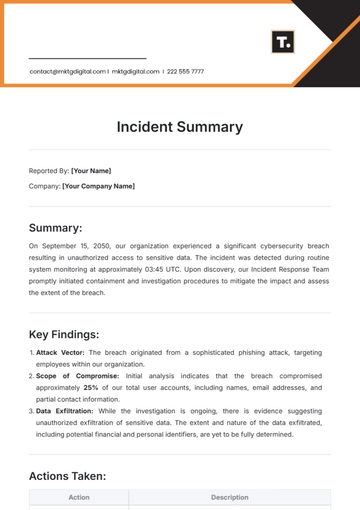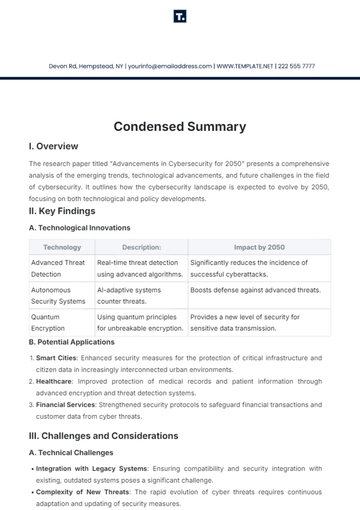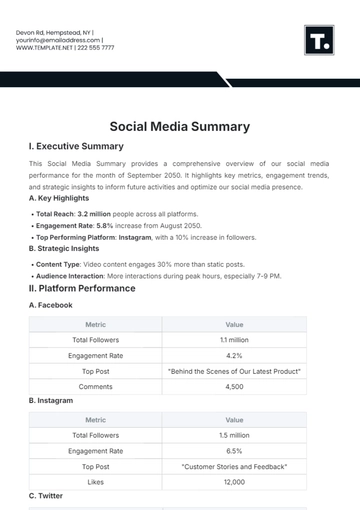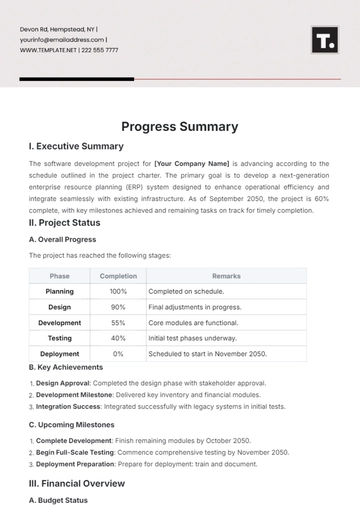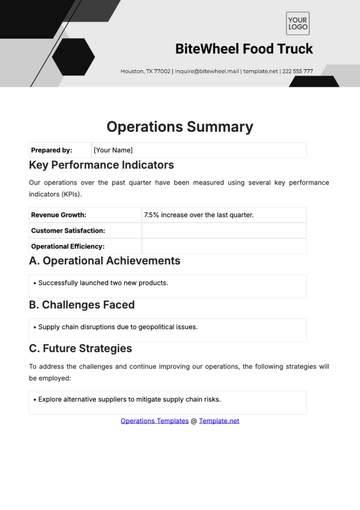Free Scientific Article Summary
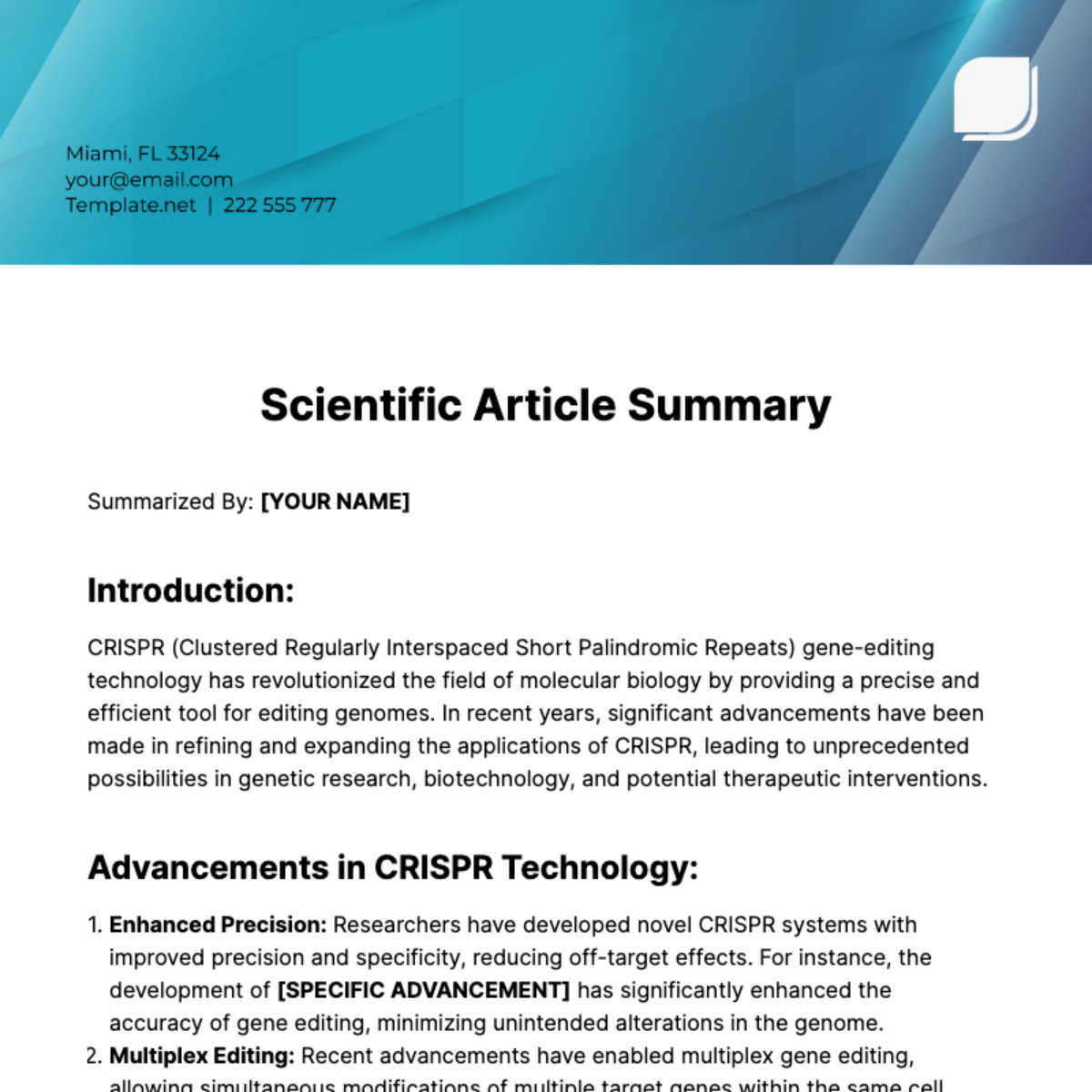
Summarized By: [YOUR NAME]
Introduction:
CRISPR (Clustered Regularly Interspaced Short Palindromic Repeats) gene-editing technology has revolutionized the field of molecular biology by providing a precise and efficient tool for editing genomes. In recent years, significant advancements have been made in refining and expanding the applications of CRISPR, leading to unprecedented possibilities in genetic research, biotechnology, and potential therapeutic interventions.
Advancements in CRISPR Technology:
Enhanced Precision: Researchers have developed novel CRISPR systems with improved precision and specificity, reducing off-target effects. For instance, the development of [SPECIFIC ADVANCEMENT] has significantly enhanced the accuracy of gene editing, minimizing unintended alterations in the genome.
Multiplex Editing: Recent advancements have enabled multiplex gene editing, allowing simultaneous modifications of multiple target genes within the same cell. This capability has broadened the scope of CRISPR applications, particularly in [SPECIFIC APPLICATION].
Base Editing: Base editing technologies, such as CRISPR base editors, have emerged as powerful tools for precisely modifying single DNA bases without inducing double-strand breaks. This approach offers potential advantages over traditional CRISPR-Cas9 editing by [SPECIFIC ADVANTAGE].
Epigenome Editing: CRISPR-based epigenome editing tools have been developed to modulate gene expression without altering the underlying DNA sequence. These tools, such as [SPECIFIC TOOL], enable precise control over gene regulation and hold promise for [SPECIFIC APPLICATION].
Applications of Advanced CRISPR Technology:
Biomedical Research: Advanced CRISPR technologies have facilitated the generation of precise cellular and animal models for studying [SPECIFIC RESEARCH AREA]. These models offer valuable insights into [SPECIFIC INSIGHT].
Therapeutic Interventions: CRISPR-based therapies are being explored for the treatment of [SPECIFIC DISEASES]. Recent advancements in delivery methods, such as [SPECIFIC DELIVERY METHOD], have improved the efficiency and safety of CRISPR-mediated genome editing in clinical settings.
Agricultural Biotechnology: CRISPR technology holds promise for crop improvement through targeted genome editing for traits such as [SPECIFIC TRAITS]. These advancements have the potential to [SPECIFIC POTENTIAL OUTCOME].
Challenges and Future Directions:
Despite its remarkable potential, CRISPR technology faces several challenges, including off-target effects, ethical considerations, and regulatory hurdles. Ongoing research efforts aim to address these challenges and further optimize CRISPR tools for [SPECIFIC APPLICATION].
Conclusion:
Recent advancements in CRISPR gene-editing technology have transformed the landscape of molecular biology, offering unprecedented precision, versatility, and efficiency in genome engineering. These advancements hold immense promise for advancing our understanding of biology, developing novel therapeutics, and addressing pressing societal challenges.
- 100% Customizable, free editor
- Access 1 Million+ Templates, photo’s & graphics
- Download or share as a template
- Click and replace photos, graphics, text, backgrounds
- Resize, crop, AI write & more
- Access advanced editor
Unlock the power of concise summarization with the Scientific Article Summary Template from Template.net. Crafted for efficiency, it's fully editable and customizable, ensuring seamless adaptation to your unique needs. Edit effortlessly using our Ai Editor Tool, streamlining your summarization process with precision and ease.

